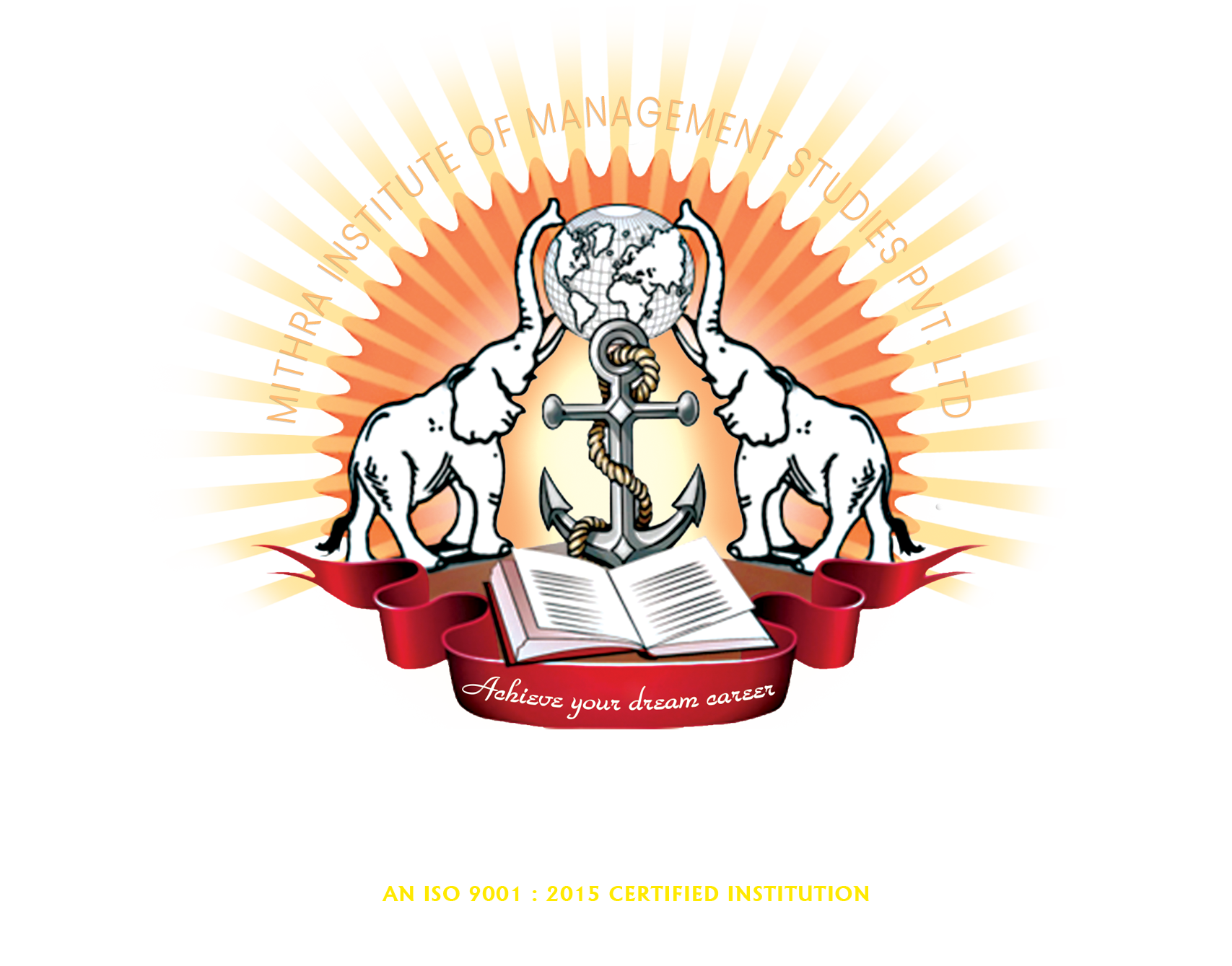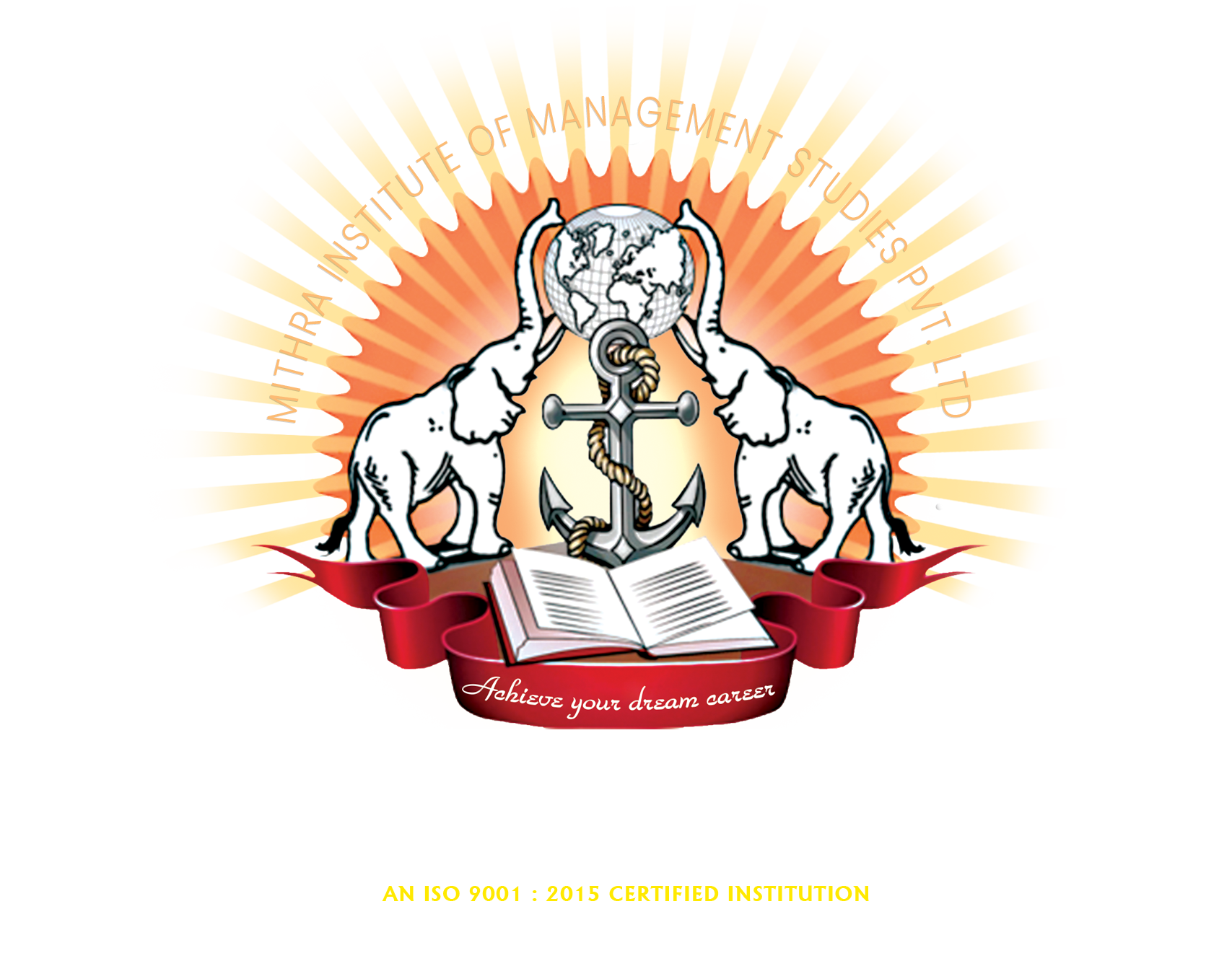Why Choose a Diploma in Logistics Management? Key Benefits & Career Prospects

In today’s fast-paced global economy, efficient logistics and supply chain management are critical to guaranteeing the seamless movement of goods and services. As industries rely more on optimized logistical operations, experts with this experience are in high demand. If you’re thinking about a career in logistics, a Diploma in Logistics Management could be the right start. In this article, we’ll look at the main advantages of earning this diploma and the job options it provides.
Why Pursue a Diploma in Logistics Management?
A Diploma in Logistics Management equips students with specific knowledge and practical skills that will help them succeed in the logistics and supply chain industries. Here’s why you should consider this program.
1. Shorter Duration, Faster Career Entry
A diploma in logistics management, as opposed to a full-fledged degree program, which takes three to four years, can be finished in significantly less time, often six months to a year. This enables students to enter the job market quickly and begin their careers earlier.
2. Industry-Relevant Curriculum
Diploma courses are intended to be practical and industry-relevant. They address essential areas such as:
- Supply Chain Management Principles
- Warehousing and Inventory Management
- Transportation and Freight Operations
- Procurement and Vendor Management
- Logistics Technology and Automation
This hands-on approach prepares students to address real-world logistics difficulties.
3. High Demand for Logistics Professionals
The logistics and supply chain sector is quickly expanding because of e-commerce, globalization, and technology improvements. Businesses require trained experts to effectively manage supply chains, making logistics a recession-proof employment option.
4. Affordable Education with High ROI
Compared to a degree program, a diploma in logistics management is less expensive while still providing excellent work opportunities. Logistics specialists are in high demand, so graduates can find well-paying jobs quickly after completing the course.
5. Opportunities for Career Growth & Advancement
A diploma can be an excellent starting point for additional education and career advancement. Many professionals begin with a diploma and eventually pursue:
- Advanced Certification in Logistics and Supply Chain
- Bachelor’s or Master’s Degree in Logistics and Supply Chain Management.
- Training in ERP, Power BI, or AI-powered supply chain analytics
Career Prospects After a Diploma in Logistics Management
Graduates of logistics management programs can pursue careers in a variety of industries, including retail, manufacturing, e-commerce, healthcare, and transportation. Here are some of the main career opportunities:
1. Logistics Coordinator
A logistics coordinator manages inventory, transportation, and distribution to ensure that commodities are delivered efficiently from suppliers to clients.
2. Supply Chain Analyst
A supply chain analyst optimizes supply chain operations through data analysis, process improvement, and cost reduction.
3. Warehouse Manager
Warehouse managers oversee inventory management, stock control, and warehouse operations to ensure that logistics run smoothly.
4. Freight Forwarding Executive
Professionals in freight forwarding handle import/export transactions, documentation, and shipping logistics for international trade.
5. Procurement & Purchasing Officer
Procurement professionals guarantee that products are sourced on time and negotiate with vendors for cost-effective purchase.
6. Transport & Distribution Manager
This function is responsible for managing vehicle fleets, delivery routes, and transportation efficiency in logistics networks.
Conclusion
A Diploma in Logistics Management is a good alternative for people seeking a fulfilling career in the logistics and supply chain industries. With its short duration, industry-focused curriculum, and strong employment demand, this diploma is an excellent option to get into the market fast and advance in a dynamic area.
If you are interested in supply chain operations and want to get a head start in a secure and well-paying business, pursuing a Diploma in Logistics Management could be the finest option you make!

